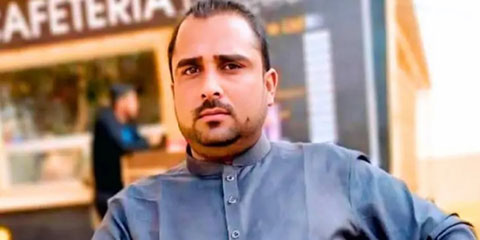
Journalist Tufail Ahmed Rind shot dead in Mirpur Mathelo ambush
October 08, 2025: Journalist Tufail Ahmed Rind was shot dead in Mirpur Mathelo while taking his children to school. PFUJ condemns the killing, announcing nationwide protests.
JournalismPakistan.com | Published 7 years ago | Myra Imran & Imran Naeem Ahmad
Join our WhatsApp channel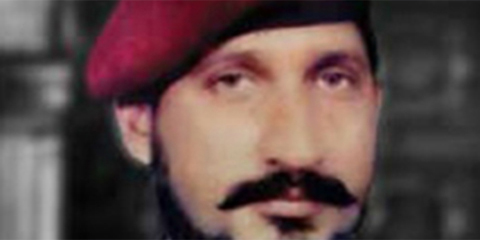
This story is one of 10 case studies highlighting the economic condition of slain journalists’ families and the displaced reporters. Journalist Myra Imran traveled to remote and high-risk districts in Khyber Pakhtunkhwa and FATA to interview family members, their relatives, displaced journalists, and office-bearers of press clubs and journalist unions. The stories are part of a field study report Surviving the Story, launched on January 8, a collaborative initiative of JournalismPakistan.com and Communications Research Strategies (CRS).
Saleem Tahir, a local journalist, was among the first to reach the site of a bomb blast in Dera Ismail Khan on January 4, 2009. The security personnel turned away many people but the 46-year-old used his journalist ID to get close access to the scene. Unfortunately, another explosion followed at a roadside hotel. A suicide bomber blew himself up, killing Tahir and many others.
“He used to cover bomb blasts all the time, I could never imagine he would get killed,” Tahir’s widow Zahida Parveen says sobbing.
The death in the sacred month of Moharram left the family shocked. “My parents were shattered to hear the news,” says Abdul Rasheed, the slain journalist’s elder brother. “My mother lost her senses, unable to recognize anyone for almost seven years.”
Tahir’s father fell ill too, remaining bed-ridden for nine months before passing away. His mother died in August 2016.
According to a report by the United States Institute of Peace (USIP), D. I. Khan witnessed 63 sectarian attacks in 2008 and 2009 in which 135 people were killed.
Known for his bold writing, Tahir wrote columns for several newspapers and also owned Weekly Chitan.
His daring writing style was often the topic of discussion at home. “My father used to ask me why I did not tell my husband to stop writing so fearlessly. He even spoke to him a few times, reminding him he had small children and that he was a government servant,” Parveen says.
Tahir would laugh off such calls, pointing out journalism meant reporting honestly. “I also told him to stop but he wouldn’t listen,” recalls Parveen.
Journalists in Pakistan’s remote districts are often poorly paid or do not get paid at all. It is for this reason they have to look for other sources of income.
Tahir had a low-scale government job. He also ran a homeopathic clinic, treating the needy. But his first and last love was journalism. It was this love that took his life. “He had newspaper clippings of a previous bomb blast in his pocket when he got killed. I still have those blood-stained cuttings,” Parveen says, holding back her tears.
Her son Ahmad Saleem, now 26, works as a clerk in the Deputy Commissioner’s office. He says he knew practicing journalism was full of risks. “Writing the truth is not easy.” He recalls his father telling him in 2008 that things were becoming difficult for journalists.
Little did Saleem know life would be so hard. With his father dead, he had to shoulder responsibilities at a very young age to help the family get back on its feet.
“We faced a lot of problems after his death; the greatest being the expenditure of my siblings’ education. My uncles helped but it is hard to ask.”
Saleem is lucky to get a job, thanks to the efforts of the local journalists and the chief minister.
Despite the job, the family faced financial hardship. There was no support forthcoming from any organization - only sympathies. The news organizations Tahir worked for offered no monetary help, nor did the government. It was a financial nightmare.
Parveen had submitted her papers for a job as a health worker when her husband was alive. “I was called for four-month training after his death. I had never ventured out of the home before and it was tough for me; also because the kids were small.”
The biggest issue for her was the children’s education. “Educating the kids was a challenge, and it was difficult to make ends meet due to inflation.” Had they received her husband’s full pay, she retorts, as the families of slain security forces personnel do, it would not have been so distressing.
Parveen demands the government provide support to her children considering Tahir was killed in line the of duty. “We deserve assistance and my children support with their education.”

October 08, 2025: Journalist Tufail Ahmed Rind was shot dead in Mirpur Mathelo while taking his children to school. PFUJ condemns the killing, announcing nationwide protests.
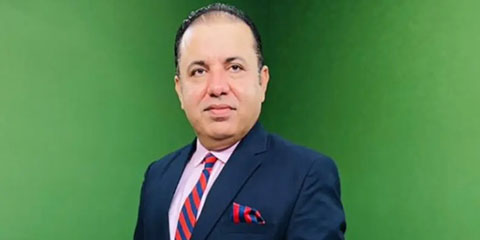
September 29, 2025: Anchorperson Imtiaz Mir of Metro 1 News has died after being shot in Karachi’s Malir area. Police link the attack to a Jacobabad land dispute.
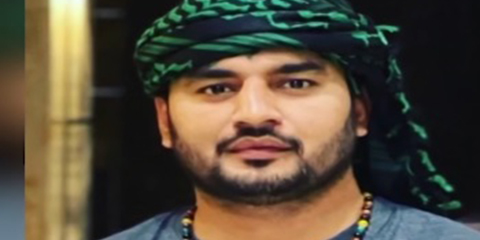
August 17, 2025: Senior DawnNews journalist Khawar Husain was found dead in his car in Sanghar with a gunshot wound, police confirmed. Sindh CM Murad Ali Shah has ordered a high-level investigation into the mysterious death.
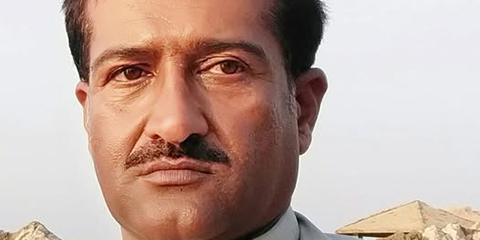
May 24, 2025: Baloch journalist Latif Sajidi was shot dead by unidentified gunmen in his home in Awaran, Balochistan. His family has faced similar violence before, including enforced disappearances. Media silence raises concerns over press freedom and safety.
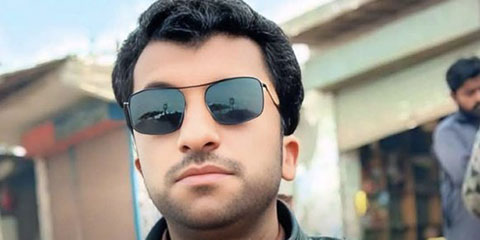
April 11, 2025: Sindhi journalist AD Shar was brutally murdered in Khairpur, Sindh. His body was found dumped on Handiyari Link Road. PFUJ has declared a three-day mourning period and demanded justice.
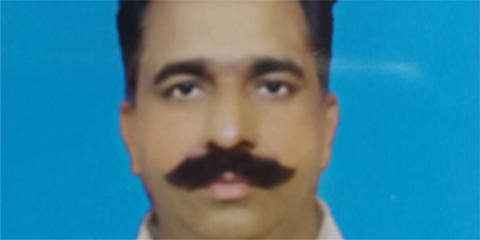
December 15, 2024: Journalist Malik Zafar Iqbal Naich was tragically shot dead in Rahim Yar Khan while distributing newspapers. The IFJ and PFUJ strongly condemn the killing, urging swift justice amid Pakistan's deteriorating safety for journalists.
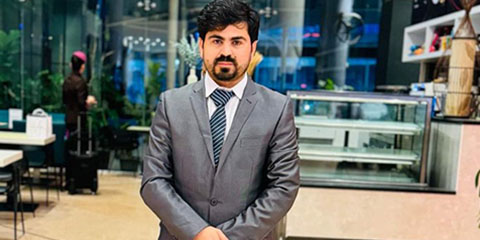
November 22, 2024: Young journalist Jinan Hussain becomes Pakistan's 11th media casualty of 2024 in a devastating attack on a passenger convoy in Kurram district that claimed 41 lives near the Afghan border.
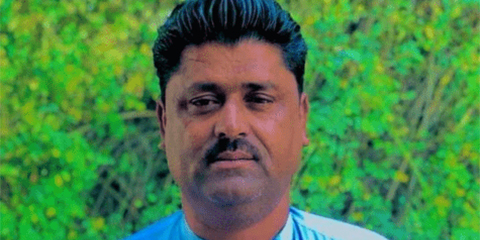
August 28, 2024: Sindh Chief Minister Syed Murad Ali Shah has ordered immediate action following the murder of journalist Mohammed Bachal in Ghotki. The government is intensifying anti-dacoit operations.
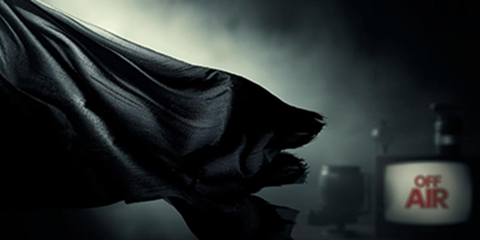
November 03, 2025 PFUJ recalls November 3, 2007, as Pakistan’s darkest day under Musharraf, urging protection for journalists and the abolition of laws threatening press freedom.
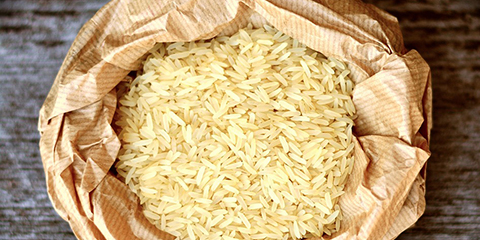
November 03, 2025 Global journalist unions condemn the Indonesian agriculture minister’s lawsuit against Tempo, calling it a threat to press freedom and demanding that the case be withdrawn.

November 02, 2025 Independent outlet All About Macau to halt print and online operations amid rising pressure, financial strain, and legal threats, sparking press freedom concerns in the city.

November 02, 2025 PFUJ urges Pakistan’s federal and provincial governments to end Impunity for Crimes Against Journalists and ensure their safety and press freedom.

November 02, 2025 Impunity for crimes against journalists deepens worldwide as Pakistan reports a 60 percent surge in attacks and weak enforcement of safety laws.